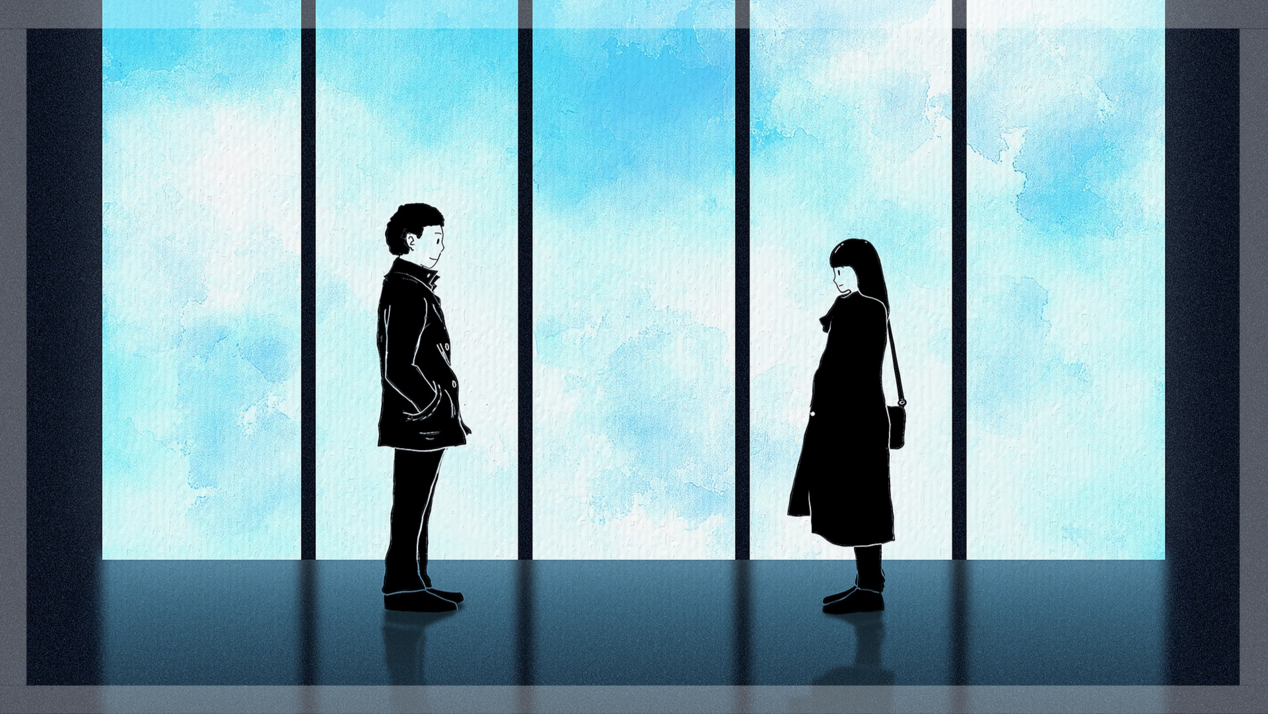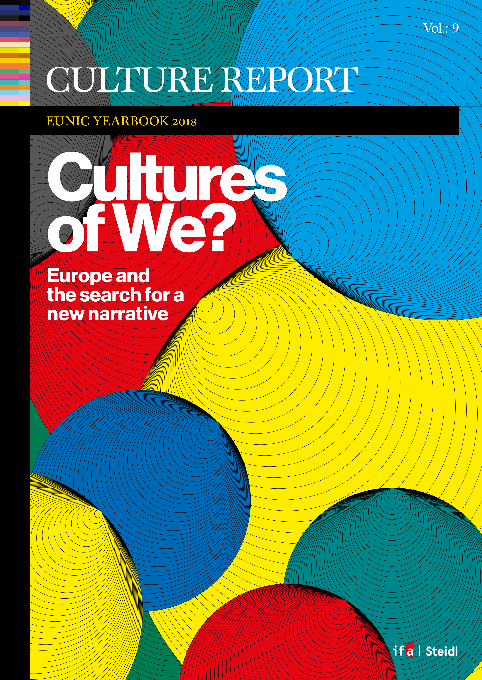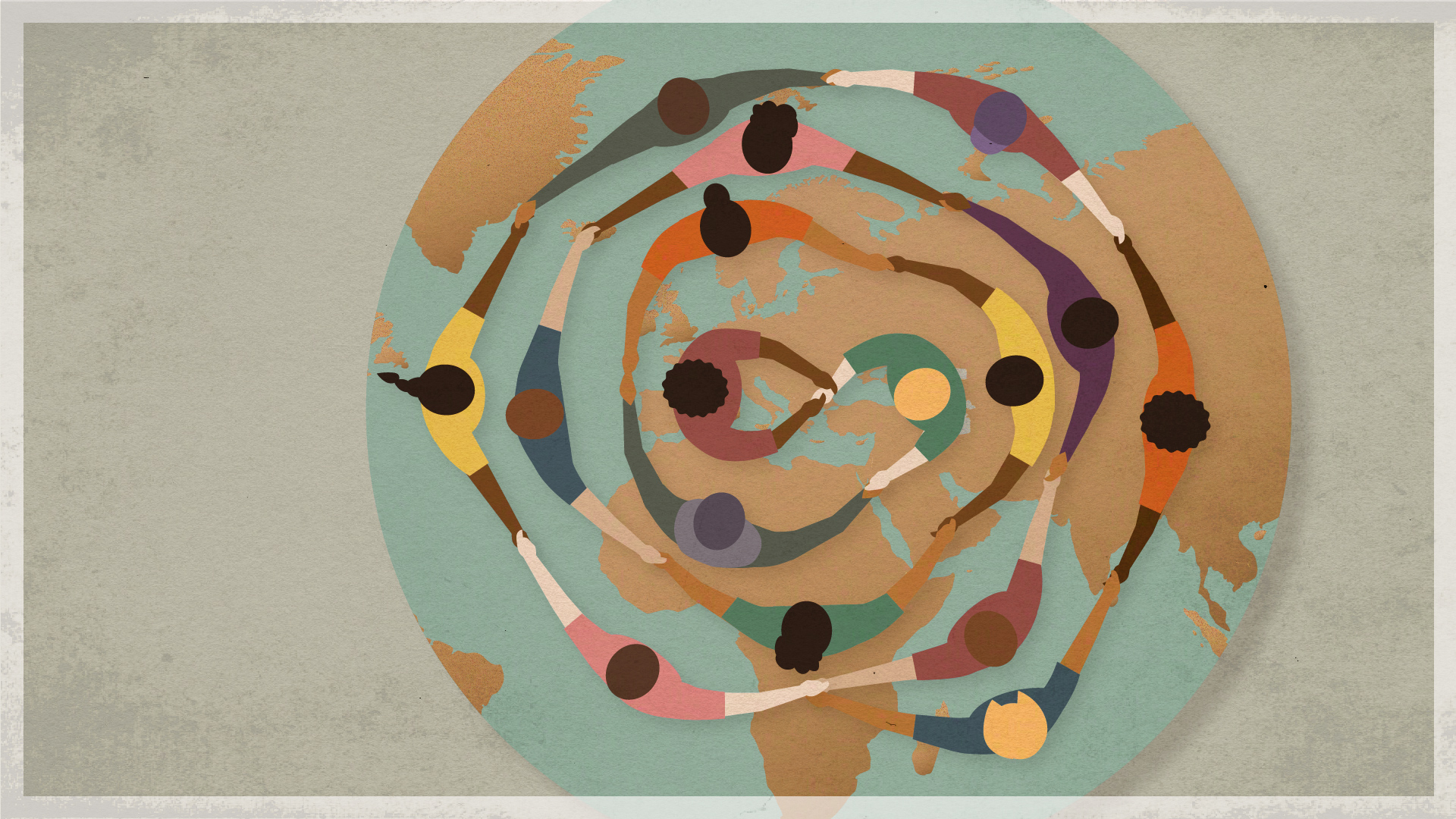In Friesland, the agricultural heart of the northern Netherlands, Titia Bouwmeester worked with farmers to create an interactive theatre performance that celebrates their knowledge and labour in dairy farming as they coped with the abolition of EU milk quotas. Lab Molke took place on a farm and the process of researching, creating, rehearsing and performing together was an open dialogue about different lives between people from urban and rural communities.
In Porto, Hugo Cruz and Maria João work in theatre with people from different parts of the city, including workers in the cork industry, the deaf community, old people, the gypsy community, refugees and children. After creating several productions with and for each group, they brought five of them together in MAPA, a spectacular community play about the city’s past and future in which their different perspectives were presented at the Teatro Nacional in the city centre.
In Alexandria, Hatem Hassan Salama, brought intimate performances to neighbourhood cafes in working class parts of the city. Working with a storyteller, a photographer, a dancer and a musician, he created impromptu events in places whose traditional and masculine culture was unused to such modern art. But the result was to open such rich conversations about art, politics and morality that they went on for two or three hours after the show itself.
In Stoke-on-Trent, Anna Francis is using her visual art practice to talk with her neighbours in the run down area where she lives. Last summer, she created a temporary community centre in a derelict pub and about 600 people came to fifty different activities in the month: plans are now under way to make this a permanent facility. It will signal new possibilities in a very disadvantaged place that is not much heard.









